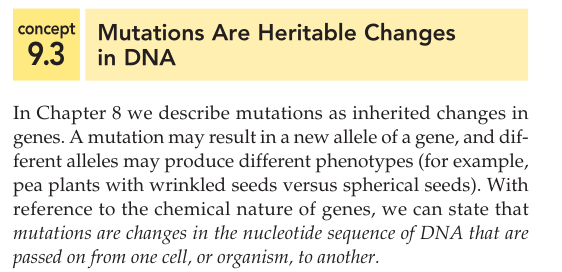I am told that mutations are heritable changes to the genome.
So this begs the question - what are non-heritable changes to genome?

I am told that mutations are heritable changes to the genome.
So this begs the question - what are non-heritable changes to genome?

I don't know what you really mean by "heritable changes to the genome". I think you will understand why this sentence makes no sense after reading what follows. I start with some background and then try to address directly what confuses you.
Short introduction to the concept of heritability
The concept of heritability may have two meanings.
Heritability is a concept defined at the population level for one given trait. The heritability ($h_B^2$) (in the broad sense) is the ratio of the genetic variance $V_p$ over the phenotypic variance $V_p$, where the phenotypic variance can itself be decomposed into environmental $V_e$ and genetic variance $V_g$ (and their covariance that we will neglect for the purpose of this question).
$$h_B^2 = \frac{V_{g}}{V_{p}} = \frac{V_{g}}{V_{e} + V_{g}}$$
When saying environmental variance $V_e$, we don't refer to the total variance in the environment (such as the variance in temperature for example) but we refer to the phenotypic variance (in a given population of a given trait of interest) that is caused by environmental variance. The same logic is true for the genetic variance.
Inheritence
While the concept of heritability applies to phenotypic traits, the concept of inheritence can apply to DNA material. A mutation is inherited if the offspring receives the sequence from his/her mother or from his/her father (assuming we are talking about a species that have sexual reproduction with 2 genders).
Somatic versus germline mutations
As pointed by @Chris in the comments. In multicellular organisms, not all mutations can be transmitted to the multicellular offspring. Most of the cells do not give rise to any other multicellular organisms. For example, imagine that while the biceps is under development at very low age, a mutation occurs that will be inherited by the daughter cells but not to the multicellular offspring. we call the line of cells that do not give rise to gametes (sperm and ovules), the soma line, by opposition to the germ line which gives rise to the gametes.
To answer your question
As soon as a given locus (position on the DNA) has some variance and that this variance explains some phenotypic variance, then the phenotypic trait it influences has a heritability greater than zero. If the variance at this locus has no effect on the phenotype, then it's heritability is zero (because $V_g = 0$, although there is some variance in the actual sequence). If the phenotypic trait of interest does not show any variance (in the population considered), then the concept of heritability is undefined for this trait!
I think you may have a confusion between "inherited trait" and "heritable trait". A mutation will necessarily be transmissible to the offspring (except if it happen to be in the somatic line in such case it will only be transmitted to daughter cells but not to the multicellular offspring) but it doesn't mean that this mutation will necessarily explain some variance in a phenotypic trait. A new much is necessarily heritable (pay attention to the soma vs germ line) but does not mean that a phenotypic will have higher heritability thanks to this mutation.
Most mutations to the DNA are heritable, but not all are inherited.
Mutations occur in the DNA, DNA is then replicated and transmitted to offspring (cells or organisms). Generally all mutations are heritable because they can be inherited, but some aren't - either by random chance (drift) or deleterious fitness effects (selection). Any mutation which makes the cell less fit has a reduced chance of being inherited, but even mutations leading to cancer are inherited at some level (from mother cancer cell to daughter cancer cells) but at some point this lineage of inheritance will stop because it will kill the host (but this is no different to species/lineages of organism going extinct - if I carried a new novel mutation but didn't have children then that mutation is not inherited).
*I suppose a mutation which stops DNA from being replicated could be classed as not-heritable because the DNA is not going to be replicated, but that depends on there being no other sources of replication machinery (other cells perhaps) - a process I don't know well enough to offer any firm conclusions on.
Non-heritable changes to the genome
DNA can be altered beyond just sequence mutation, for example methylation- but this can be used as a heritable change to the genome (genomic imprinting). Perhaps gene expression with strong environmental effects on gene expression could be considered as not heritable (because if the environment is not "inherited" then parent-offspring regression would be 0) but maybe that's a change to the transcriptome rather than genome.